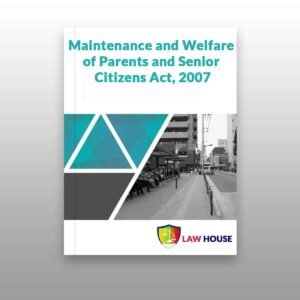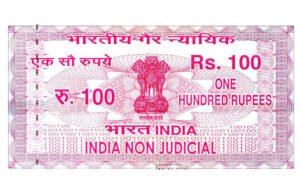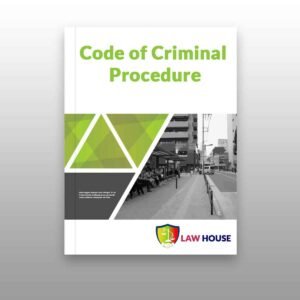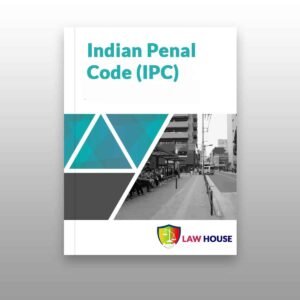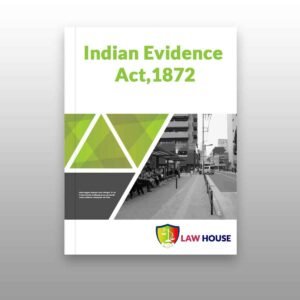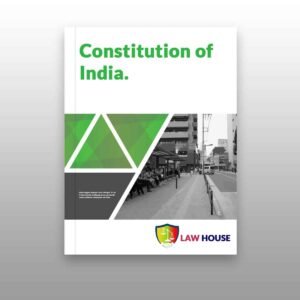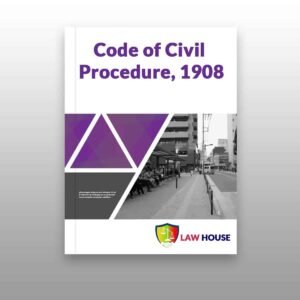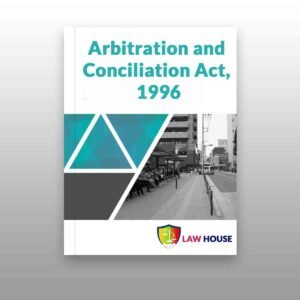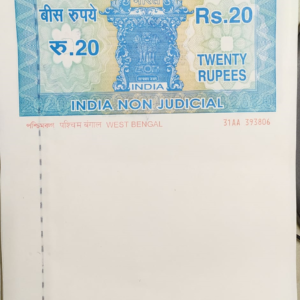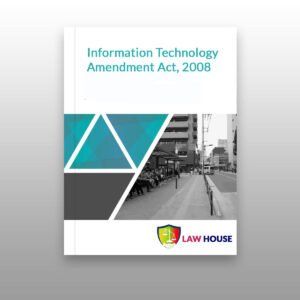Introduction:
Extra marital affair have been a subject of human interest throughout history, with their emotional, social, and legal implications. In the context of India, the concept of extra marital affairs has evolved over time, and legal provisions have been put in place to address the issues surrounding it. This article delves into the history, legal provisions, current scenario, remedies, and frequently asked questions related to extra marital affairs in India.
History:
The societal perspective on extra marital affairs in India has undergone significant changes. Traditionally, adultery was considered a moral offense and was socially condemned. However, with the passage of time, societal norms have evolved, and the emphasis on personal liberty and individual choices has increased.
Legal Provisions:
In India, the legal provisions pertaining to extra marital affairs are primarily governed by Section 497 of the Indian Penal Code (IPC). This section defined adultery as a criminal offense, but it was repealed in 2018 by the Supreme Court. The court, while striking down Section 497, recognized the right to privacy and equality of individuals.
Watch this Full Video on Extra Marital Affairs
Current Legal Scenario:
After the repeal of Section 497, extra marital affairs are no longer considered a criminal offense in India. However, it is important to note that the consequences of such affairs can still have legal ramifications in terms of civil remedies.
Supreme Court Judgement and Case Laws:
The Supreme Court’s decision to repeal Section 497 was a landmark judgment that recognized the importance of individual autonomy and the right to privacy. It acknowledged that adults have the right to engage in consensual relationships, even if they are outside the institution of marriage. This judgment has set a precedent and has significant implications for future cases related to extra marital affairs.
Civil and Criminal Remedies:
While extra marital affairs are no longer punishable as a criminal offense, they can still lead to civil consequences. In cases where a spouse can prove that the extra marital affair has caused mental or emotional distress, it may be considered as a ground for divorce or a factor influencing the distribution of marital assets. However, it is important to consult with a legal expert to understand the specific implications in individual cases.

Adultery: Understanding its Impact, Legal Aspects, and Consequences with Video
Adultery: Grounds of Divorce

FAQs:
Is engaging in an extra marital affair illegal in India?
No, extra marital affairs are not considered illegal in India after the Supreme Court repealed Section 497 of the IPC.
Can a spouse file for divorce based on an extra marital affair?
Yes, an extra marital affair can be considered as a ground for divorce if it causes mental or emotional distress to the spouse.
What are the civil consequences of an extra marital affair?
Civil consequences can include divorce, division of marital assets, and possible impact on child custody.
Are there any criminal remedies for extra marital affairs?
No, there are no criminal remedies for extra marital affairs in India after the repeal of Section 497.
What should I do if I suspect my spouse is having an extra marital affair?
It is advisable to seek professional counseling and legal advice to understand the options available to you based on your specific situation.

Know the Legal Grounds for Getting Divorce || All in one complete full Guide with Video.









![Honey trap in Cybercrime: A to Z guide Exploring Honey Trap in Cyberspace [With Video]](https://www.lawhousekolkata.com/wp-content/uploads/Post-Images/Honey-Trap-300x169.jpg)






